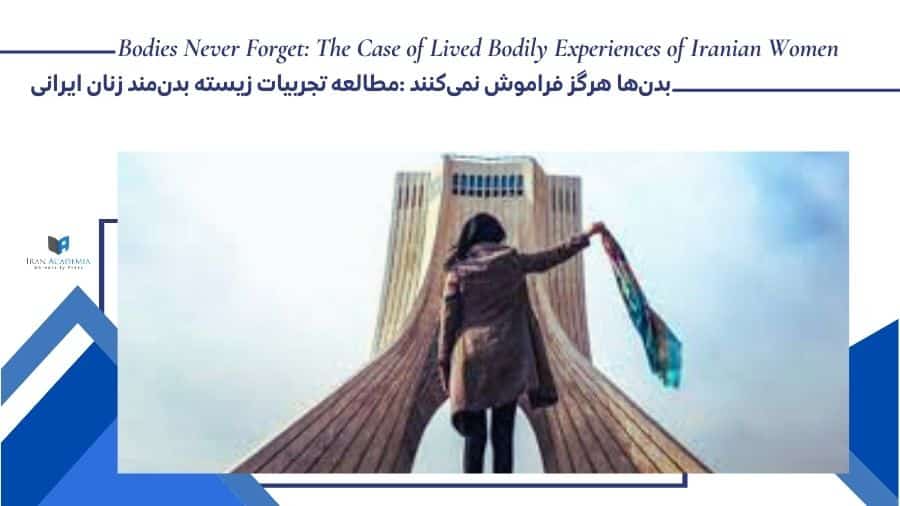Abstract:
This qualitative research examines the lived experiences of Iranian women under the compulsory hijab law and uses a complex theoretical framework that combines Foucault’s concept of biological power with Merleau-Ponty’s corporeality theory. This perspective is enriched by the addition of feminist theories about corporeality and provides a holistic view to understand the multifaceted dynamics of these experiences.
The research shows how women’s bodies in Iran have become a stage for repression and resistance. By analyzing the social and political conditions of women, this study examines the main mechanisms and strategies that political power uses to control and monitor women’s bodies. Through deep narratives obtained from interviews with eight Iranian women between the ages of 25 and 45, which focuses on their physical experiences, it outlines their experiences and resistances against the mandatory hijab laws.
This research reveals the profound consequences of the control and politicization of bodies in people’s daily lives and addresses various influences, from social pressures and institutional power of the educational system to emotional consequences and repressed pleasures. Also, it shows how Iranian women confront and resist the social and political structures that try to monitor and control their bodies and expressions.


